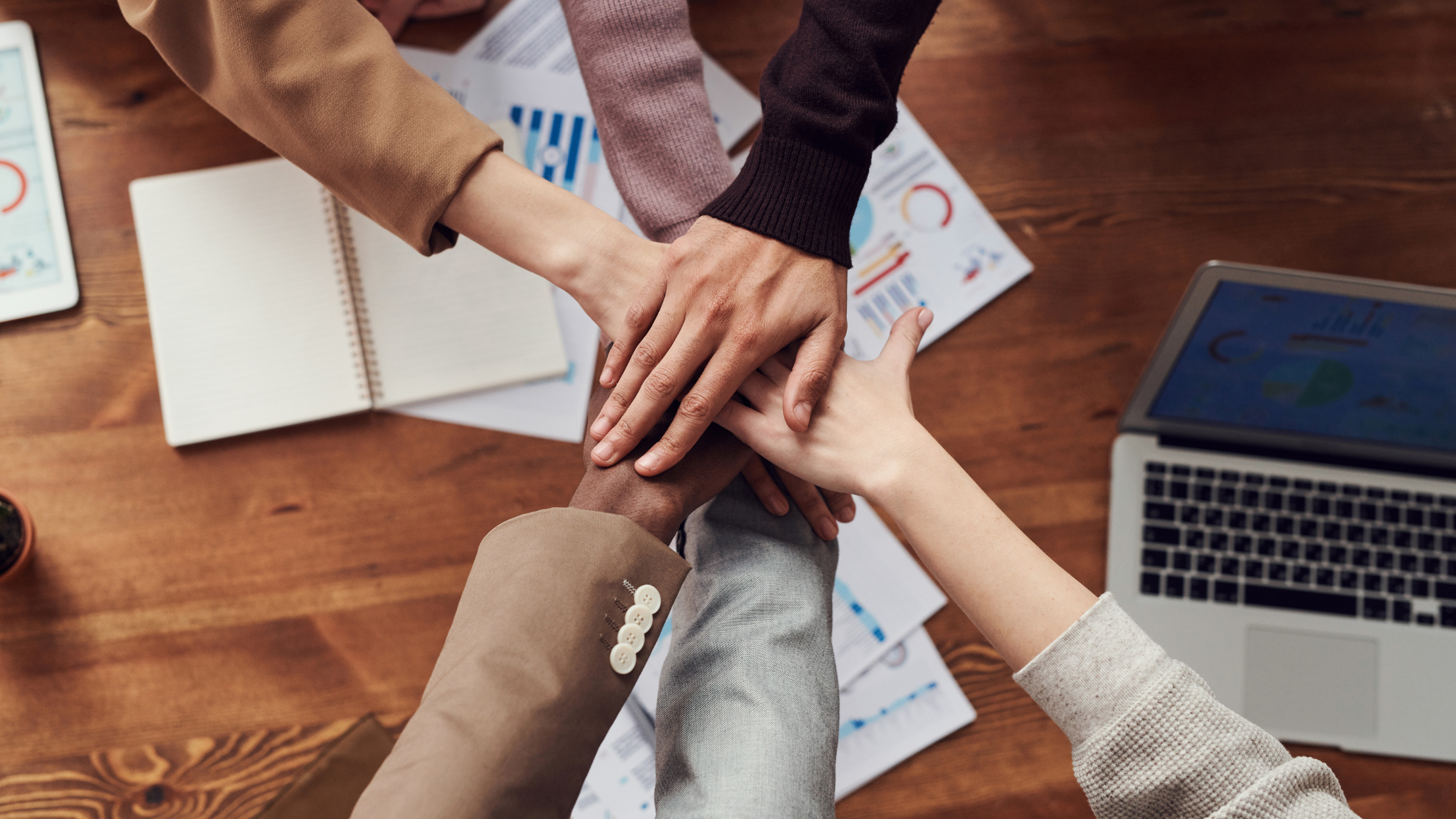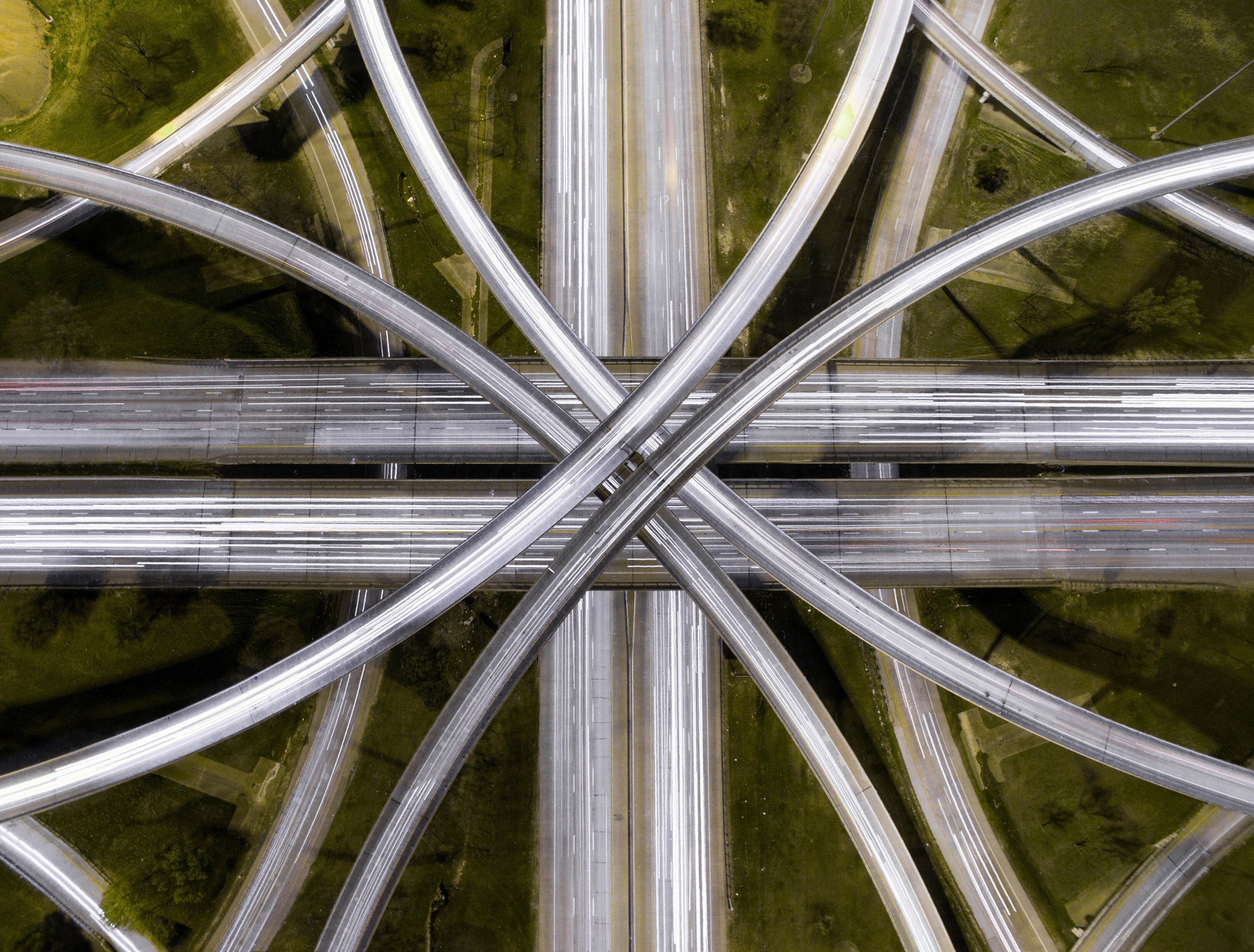Good Brands Make a Move, but Great Brands Plan for the Response
A race car driver can go incredibly fast and still crash if they only focus on what is directly ahead.

One of the hallmarks of many researchers is that we have an insatiable curiosity and love for learning. It’s a constant and inherent part of our job; we learn new things about people, products, industries, societies, and cultures every day. And this stuff fascinates us—from the grand to the mundane, developing new understandings about life scratches that enduring itch we all have.
And when we learn, we practice empathy.
When we listen to other people’s stories, when we see their beliefs and motivations, when we understand what matters to them—that’s when we’re able to really empathize with each other.
But every day we see our society fracturing along fault lines where empathy is lacking. Every day we watch in horror as pockets of us versus them balloon out of control, trapping people in their own beliefs and experiences and shutting out the beliefs and experiences of others. Every day we sit in disbelief at one human being’s inability to relate to another human being, just because of a difference in skin color, sexual orientation, religious belief, or political persuasion. And every day, we hold onto our beliefs in conversation over conviction.
So, every day, we choose to learn and empathize.
We choose each other. We choose to be a team. And in 2017, as it only seemed fitting for our broader society’s needs at this time, we chose Teamwork as the theme for our annual company summit.
TEAMWORK WEEK 2017
Our scale for exploring the topic of Teamwork was small—just within our company—but the impact was deep. Just like it always is when you choose other people.
In true research fashion, we kicked off Teamwork Week by learning more about ourselves and each other. Our foundation was the Herrmann Whole Brain Thinking model, where we uncovered our own individual thinking preferences and discovered those of the colleagues and teammates we work with every day. These thinking preferences, or dominant ways of thinking, are a key factor in determining why we approach tasks in different ways, how we communicate differently from one another, and how we can best work together and leverage a ‘whole-brain’ way of thinking.
We learned a lot.
We learned why some of us tend to be more creative, more organized, or more emotional than others, and we learned why some us of tend to be more concerned with details, or facts, or timelines. We learned why some of us are more out-of-the-box thinkers and others are more by-the-book rule-followers; why some of us are more focused fact-finders and others are more conscientious people-pleasers.
And we empathized.
By seeing each other’s strengths, weaknesses, and preferences with a whole new understanding, we saw that individually, none of these qualities make us better than anyone else, and collectively, we are the best we can possibly be. Together, we fill in each other’s gaps, and stand on each other’s shoulders. Together, we are a whole-brained team.
And then we put teamwork to the test.
To see how much we really learned and how it could impact how we work together, we split into teams where we were all grouped with colleagues who have different thinking preferences from our own. Then, we competed in The Fantastic Race, an Amazing Race-style scavenger hunt around Downtown LA, Chinatown, and Hollywood. And to say we saw our learnings come to life would be an understatement.
While some of us were brainstorming creative solutions to a puzzle, another one of us was re-reading the directions and uncovering an important detail we missed. While some of us were just chatting while we rode the metro, another one of us was planning ahead so we wouldn’t lose time. While some of us were getting stuck on a clue that seemed illogical, another one of us was experimenting with wild ideas that would eventually lead to an insight. While some of us were excitedly leaping to half-founded conclusions, another one of us was grounding us in the facts that proved that leap a false move. And while some of us were just focused on getting from one step to the next without melting in the afternoon heat, another one of us took a detour to get us all some much-needed water.
And all the while, all of us were working as a team—simply because we had learned more about each other and could better empathize with each other’s strengths, weaknesses, beliefs, and preferences.
If only the rest of the world could choose to do the same more often.

A race car driver can go incredibly fast and still crash if they only focus on what is directly ahead.

Tracking studies are among the most valuable tools a business can have, but the word “tracking” undersells their potential.